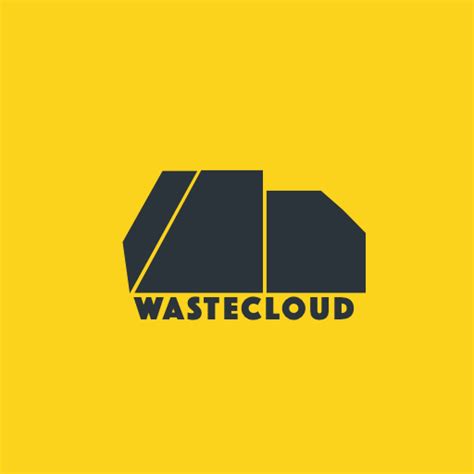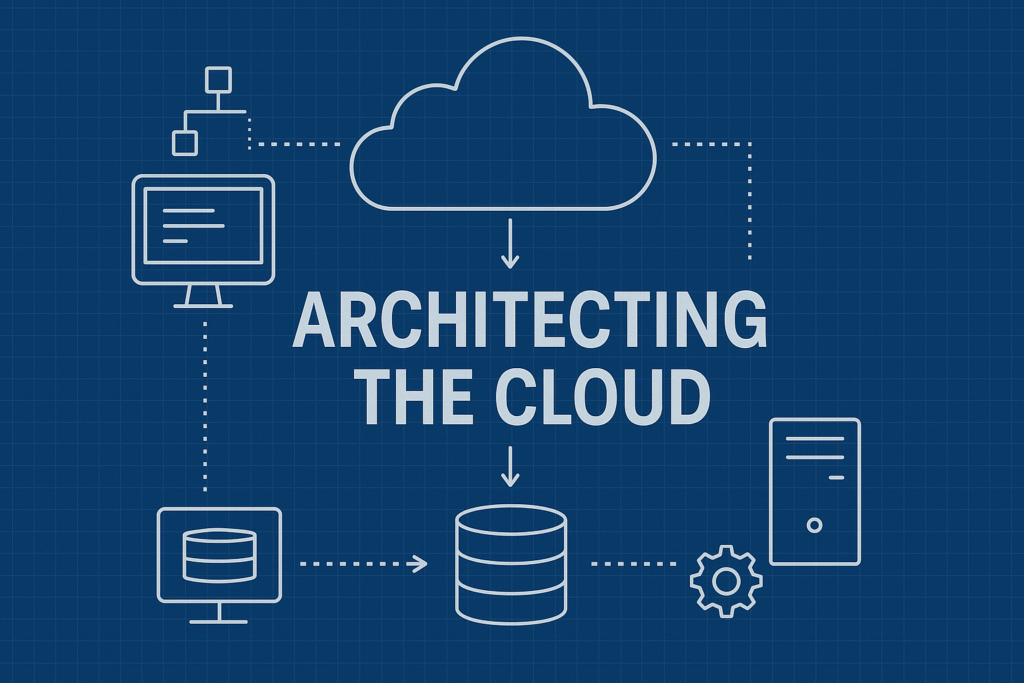In the era of smart cities, cloud architecture is not just a backend utility—it’s a catalyst for real-time, sustainable urban transformation. Wastecloud City, your municipal management platform, exemplifies how modern cloud solutions can make cities cleaner, more efficient, and citizen-centric.
The Cloud and Urban Sustainability
As urban populations grow, municipalities face increasing challenges in managing waste efficiently. Traditional waste collection methods often lead to overflowing bins, missed pickups, and inefficient routes, resulting in higher operational costs and environmental impact. Cloud-based solutions offer a transformative approach by enabling real-time data collection, analysis, and decision-making.
By integrating Internet of Things (IoT) devices, such as sensors and RFID tags, with cloud platforms, cities can monitor waste levels, optimize collection routes, and respond promptly to issues. This not only enhances service quality but also contributes to sustainability goals by reducing fuel consumption and emissions.
Wastecloud City – Turning Data into Clean Streets
Wastecloud City serves as a comprehensive control tower for municipal waste management operations. Its key features include:
Fleet & Route Optimization
- Smart Scheduling and Live Tracking: Plan and monitor waste collection routes in real-time, ensuring timely pickups and efficient resource utilization.
- Performance Indicators: Analyze vehicle and driver performance to identify areas for improvement and training.
IoT Integration
- Real-Time Fullness Sensors: Monitor bin fill levels to prevent overflows and schedule collections only when necessary.
- RFID-Enabled Driver Identification: Ensure accountability and streamline operations by tracking driver activities.
- Onboard Diagnostic Systems: Maintain vehicle health and reduce downtime through proactive maintenance alerts.
Citizen Participation
- Mobile App for Residents: Empower citizens to submit complaints, receive announcements, and track service requests, fostering transparency and engagement.
Technical Backbone
Wastecloud City is built on cloud-native principles, ensuring flexibility and scalability across municipalities. Its architecture includes:
- Microservices: Modular components that can be independently developed, deployed, and scaled.
- Real-Time Data Processing: Immediate analysis of incoming data for prompt decision-making.
- API-Driven Integration: Seamless connectivity with existing municipal systems and third-party applications.
The platform’s synergy between hardware and software—encompassing RFID tags, panic buttons, weight systems, and diagnostic tools—ensures comprehensive waste management solutions.
Case Studies and Vision
Implementations of Wastecloud City in various Greek municipalities have demonstrated significant improvements in waste collection efficiency and citizen satisfaction. Looking ahead, the platform aims to integrate with smart traffic systems, employ AI-based demand prediction, and monitor carbon footprints, further advancing urban sustainability.
Conclusion
By merging cloud architecture with municipal needs, Wastecloud City doesn’t just manage waste—it helps build cleaner, smarter, and more livable cities. This is the future of public service, and it’s already here.



